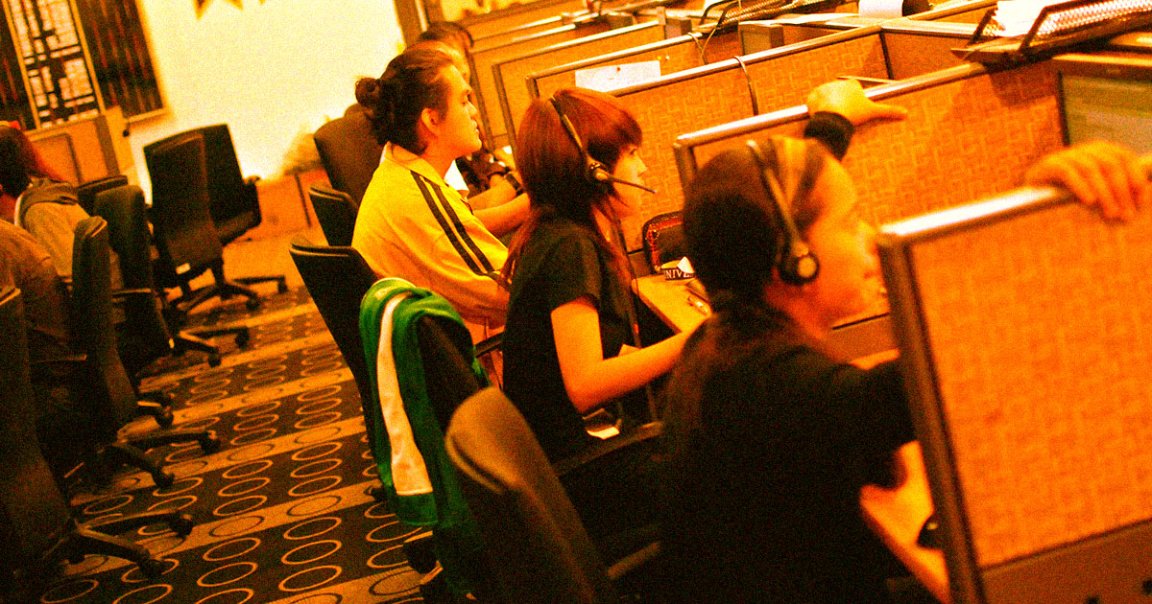
Dirty Secret
Artificial intelligence has a dirty secret that we’re not talking nearly enough about.
It’s that Silicon Valley AI firms are relying on cheap labor overseas, and tasking them with the grueling labor required to make them actually work — and more often than not, their wages and working conditions are poor, the Washington Post reports.
Millions of people in the Philippines are being tasked with labeling images, allowing AI algorithms to make sense of the world. Sometimes they’re asked to make sense of chunks of text to make sure AI chatbots like OpenAI’s ChatGPT don’t end up spurting out nonsense.
But many of these workers are being exploited and severely underpaid — a worrying and often overlooked aspect of the ongoing AI arms race, as debates have focused instead on grabbier issues of potential bias or the possibility of AI going rogue.
Paying Up
According to the report, San Francisco-based startup Scale AI employs at least 10,000 people in the Philippines on a platform called Remotasks. However, according to data and interviews obtained by the WP, the company has often failed to pay them on time (a Scale AI spokesperson told WaPo that “delays or interruptions to payments are exceedingly rare.”)
A number of Remotasks freelancers told the newspaper that they were stiffed on payments or never received the money they were initially promised. One 26-year-old worker spent three days on a project, hoping to get $50. He only got $12.
Filipino AI ethicist Dominic Ligot called these new workplaces, which house workers labeling footage or text for AI companies like Scale AI, “digital sweatshops.”
Workers also don’t have any effective avenues to complain and can simply be “deactivated” if they were to raise their voices.
And it’s not just the Philippines. Scale AI is also employing freelancers or “taskers” in Venezuela and India, triggering a “race to the bottom,” as the owner of an outsourcing firm told the WP.
In short, while AI has triggered a billion-dollar arms race in the US, those who are actually doing the brunt of the work are often going unnoticed, underpaid, or ignored altogether — a wrinkle in the ongoing AI ethics debate that should give anybody pause.
More on AI ethics: The Pope Just Released a Guide to Artificial Intelligence